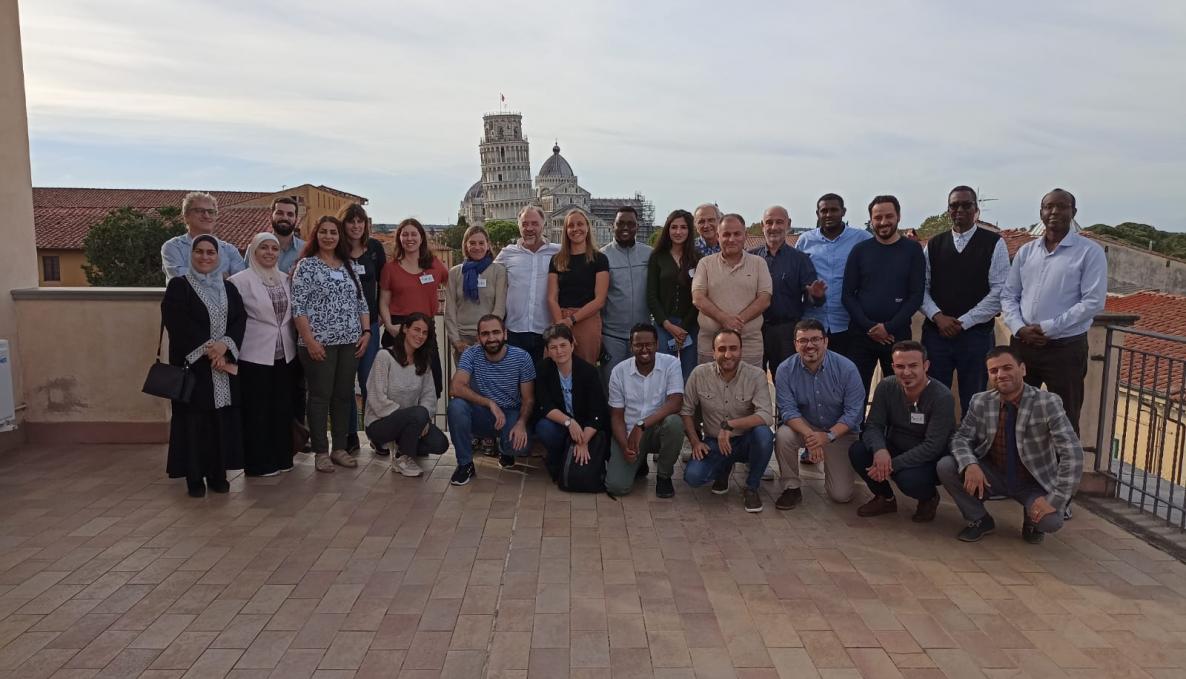Health Systems through Crisis and Recovery: the 12th edition of the advanced training course for health systems management in crisis situations came to an end at Sant'Anna School
More than 20 participants including public health practitioners, analysts and officials from international organisations took part in the course

Sant’Anna School hosted the 12th edition of the advanced training course Health Systems through Crisis and Recovery (HSCR), organised and directed by Emanuele Sommario, Associate Professor of International Law, with the scientific support of Enrico Pavignani and Mark Beesly, senior experts with extensive experience in public health in developing countries.
The advanced training course hosted more than 20 participants, including health workers, public health analysts and government officials, who work for UN agencies, such as the WHO - World Health Organisation, NGOs, such as UOSSM - Union Of Medical Relief and Care Organisation, and governmental institutions, such as Ministries of Health. Participants’ countries of origin were Somalia, Libya, Iraq, Syria, Bangladesh, United Kingdom, Switzerland and Italy.
The course addressed the main issues that health systems face in crisis situations, such as health systems in areas hit by a natural disaster, or health systems in conflict or post-conflict zones. Among the various topics covered there were: the analysis of health policies, health planning and financing; the difference between formal and informal health services; healthcare evaluation; the management of human resources; and how to reach the most vulnerable populations in need of medical assistance. Situations in which the health system is often in great difficulty, for example due to a lack of resources (both human and financial) or infrastructure, remained the point of reference during all the discussions.
High-level speakers contributed to the course. Among others, the following experts gave lectures: Flavia Riccardo, researcher at the Department of Infectious Diseases of the Istituto Superiore di Sanità (ISS) in Rome; Dorothea Hilhorst, professor of Humanitarian Studies at the International Institute for Social Studies in The Hague (The Netherlands); Willem van de Put, expert in medical anthropology and mental health, researcher at the Institute of Tropical Medicine in Antwerp (Belgium).
The possibility for participants to exchange opinions and experiences, the particularly interactive teaching method, and the lessons based on real case studies made this course a unique opportunity to better understand the underlying dynamics of health systems in crisis situations and to try to reflect together on possible solutions to overcome some of the critical issues they face.
On the cover: participants in the 12th edition of the higher education course.



